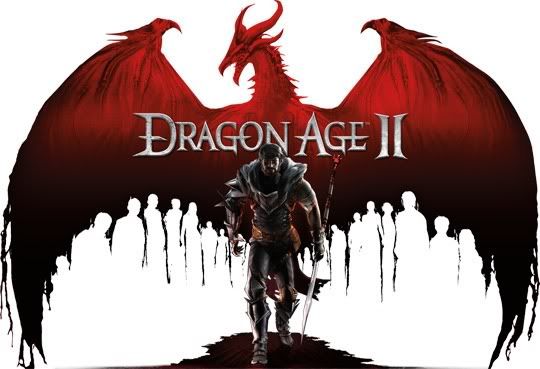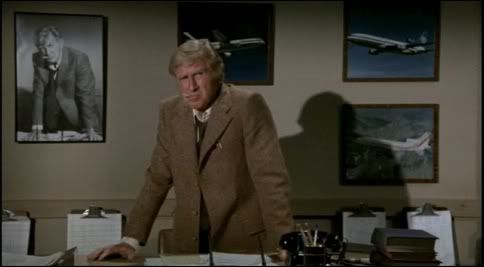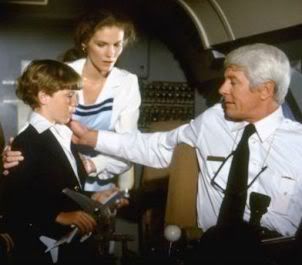“No. I’m not taking another step until Justice lets Anders out to play.”
There are some marketing decisions I’ll never understand.
Fast food chains showing a split-second of something from a moderately-trending YouTube clip. Ads and reviewers pretending that adding a third visual dimension to one-dimensional stories or characters is worth the investment. Concealing lack of content with blatant sex appeal or gratuitous trendiness. New Coke.
And the notion that a sequel must – must – be indicated with a number.
I think this is more an issue with video games than other media. The second Dream Park novel wasn’t called Dream Park 2, it’s The Barsoom Project. Batman Begins was followed by The Dark Knight. Yet on PCs and consoles, long is the list of new games followed by lackluster sequels indicated only by larger numbers on the end. Some of them fail for simply not being good games. But others, I think, take more flak than they should simply because somebody in marketing decided that “2” was a better descriptor of the game’s content than any sort of subtitle.
You know where I’m going with this, right? Of course you do.
In the grand tradition of my Dragon Age: Origins experience, I’m ruminating upon a fantasy RPG with depth and complexity before stumbling into an actual review. Unlike Origins, however, which was lauded nearly universally, Dragon Age 2 is approaching levels of hate I didn’t think possible for a BioWare game. If this were Pixar, this latest game would be the studio’s Cars.
I’m not blinded by fanboy wank, though. I can see the flaws. Copy-pasted caverns. An overwhelming number of sidequests with even more generic, interchangeable foes between them. Cumbersome menus likely meant to be easily navigated with thumb sticks. A first act plot motivated more by destitute desperation and blatant greed than anything altruistic, let alone heroic. Anders… Andraste’s knicker-weasels, poor Anders. There’s more, I’m sure, and I’ll cover them all in my review.
But how bad are they, really? So far, in my opinion, none of them break the game. It holds up due to interesting characters with vibrant relationships in the setting of a very personal, gradually-building story. I’m not sure what it’s building to, at this point, but I’m interested in finding out, and I personally like the fact that it’s not necessarily building up to the go-to video game goal of “Kill The Final Boss To Win At Life”. The things Hawke does, even if some of them are just to get him and his mom out of a shithole apartment, feel like they matter outside of XP or monetary gain. Different, in this case, is not necessarily bad. Again, this might change when I cross that finish line.
I think that a lot of the bile being spewed by gamers, like so many Boomers dousing survivors in Left 4 Dead because they’re making loud noises, is due to the title. Dragon Age 2, to most, indicates a continuation of Dragon Age: Origins in terms of story scope (epic, large-scale, overarching quest goal), player projection – an unvoiced character is easier for the player to use as a self-insertion fantasy persona – and nostalgia factor. I mean, come on, if Origins were trying any harder to be a Baldur’s Gate game it’d be called “Baldur’s Gate: Ferelden Edition” or maybe “Baldur’s Gate III” if EA had anything to say about it.
Instead, there’s this guy or girl named Hawke instead of a character the player builds from the ground up. There’s only one city, and it doesn’t matter how well-realized or lively that city itself is if players are expecting multiple unique locations to serve as quest hubs. The relationships and characters remain, but between the voiced player character and things like Anders, there’s plenty to tell the player this is not what they were expecting.
And when unexpected change happens in the world of gamers? Gamers get mad.
Fantasy gamers especially, it seems. Walk into a gaming store and talk about how the 4th edition of Dungeons & Dragons isn’t that bad. Just be prepared for massive backlash.
Again, I’m not saying some of the negativity isn’t justified. Expect more expansion upon the drawbacks of Dragon Age: The City of Chains (see? Doesn’t that sound cooler than some dumb old number?) in a future post. But, for the record, I don’t care much about the change in scope, perspective or anything like that. I’m all for games trying to do something different than their predecessors. My concern is regarding the story, the gameplay in and of itself, the overall experience and the little things that make the game stand out. It remains to be seen if Dragon Age: The Champion’s Legacy can overcome this odd strain of sequelitis that has people treating it like a leper. It’s possible I can scrape that number off and find a half-decent game waiting for me in the end equation, or perhaps the marketing boys pushed it out the door to cover up how crappy some of the dev team’s decisions turned out to be. Either way, if it weren’t called Dragon Age 2, it might not be taking such a severe beating. At least the Essentials line of Dungeons & Dragons can sit next to Hawke and hand him an icepack.









